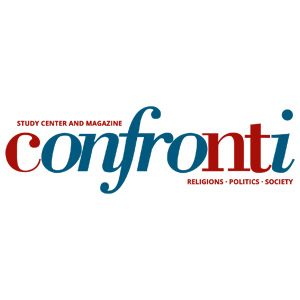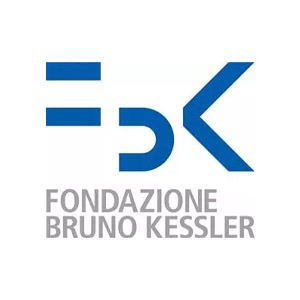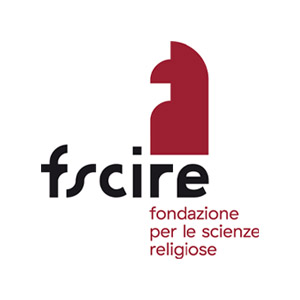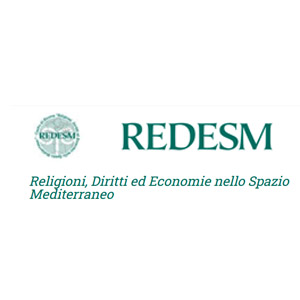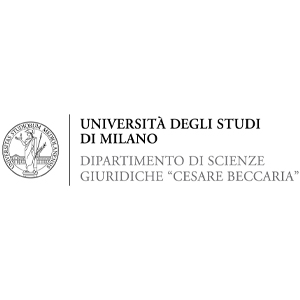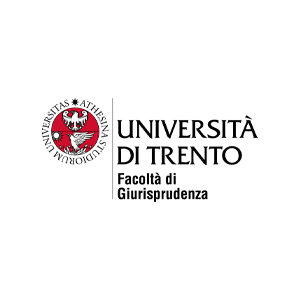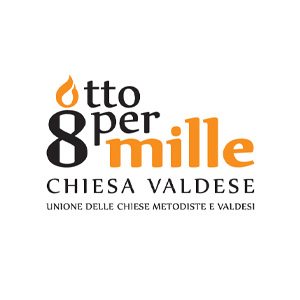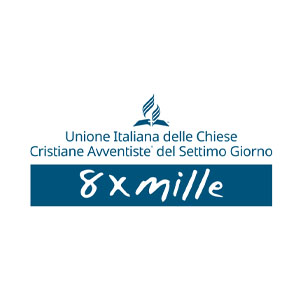Croatia
RELIGIOUS MINORITIES IN CROATIA
The Serbian Orthodox Church, the Islamic and Jewish communities as well as few other traditional religious groups were recognized automatically, and all other religious groups which have more than 500 members and exist as legal entities can be recognized according to the State’s major legislation in the field, the Law on Legal Status of Religious Communities. The State concluded numerous contracts on questions of mutual interest with many religious groups, Orthodox, Muslim, Jewish, and Protestant. All of them have access to public institutions like schools, hospitals or penitentiaries and religious education is guaranteed for all the children whose parents opt to include it in the school curriculum (although this is obviously many times unfeasible for logistic reasons). Religious communities enjoy tax privileges and are also funded from the State budget according to the number of believers. The Islamic community in Croatia which was recognized as an official religion in 1914 (only two years after Islam recognition in Austria), is well integrated and Islamic leaders often state that the way in which the Islamic community is accepted and treated in Croatia could become a model for other countries.
Religious freedom in Croatia is highly respected and this could be a ‘Croatian export product’. Most religious groups endorse the models of relation with the state that have been developed for the Catholic Church and seek a space within that framework for themselves. Croatian constitution prescribes the separation of Church and State and guarantees equality of religious communities and freedom of religious life, but does not exclude cooperation: the State relies on the activities of religious communities and recognizes their importance for social cohesion through the vertical dialogue with the state and the horizontal dialogue which flows between religious communities themselves.
Vanja-Ivan Savić
RESOURCES

General information on minority issues (including some references to religious or belief ones) can be found at the page devoted to Croatia in Minority Rights Group International, World Directory of Minorities and Indigenous Peoples. https://minorityrights.org/country/croatia/
Information on the registered religious communities can be found at Register of Religious Communities in Croatia. https://mpu.gov.hr/register-of-religious-communities-in-croatia/22216
The text of the “Law on legal position of religious communities” (2002) can be found at https://original.religlaw.org/common/document.view.php?docId=1751
An analysis of State-religions relations is provided by
D. Mujadžević, Status of Religious Communities (Croatia), in J.S. Nielsen and others (eds.), Annotated Legal Documents on Islam in Europe Online, 2019 http://dx.doi.org/10.1163/2666-075X_LDIO_COM_06HRV01
V. I. Savić, Law and religion in Croatia, in G. Robbers (ed.), State and Church in the European Union, Baden-Baden: Nomos, 2019, pp. 239-263.
V. I. Savić, It works better if it is not too secularised: the Croatian constitutional model for regulating state–church relations, in P.T. Babie, N.G. Rochow, B.G. Scharffs (eds.), Freedom of Religion or Belief. Creating the Constitutional Space for Fundamental Freedoms, Cheltenham: Edward Elgar Publishing, 2020, pp. 206-282.
V. I. Savić, Still Fighting God in the Public Arena: Does Europe Pursue the Separation of Religion and State Too Devoutly or Is It Saying It Does Without Really Meaning It?, in Brigham Young University Law Review, 2015, pp. 679-726.
F. Staničić, The Legal Status of Religious Communities in Croatian Law, in Selected Papers of the Zagreb Law School, vol. 62, n. 2, 2014, pp. 225-254.
S. Zrinščak, D. Marinović Jerolimov, A. Marinović, B. Ančić, Church and State in Croatia: Legal Framework, Religious Instruction, and Social Expectations, in S. O. Ramet (ed.), Religion and politics in post-socialist central and southeastern Europe: challenges since 1989, London: Palgrave Macmillan, 2014, pp. 131-154. https://www.researchgate.net/publication/265685663


 MENU
MENU CLOSE
CLOSE
